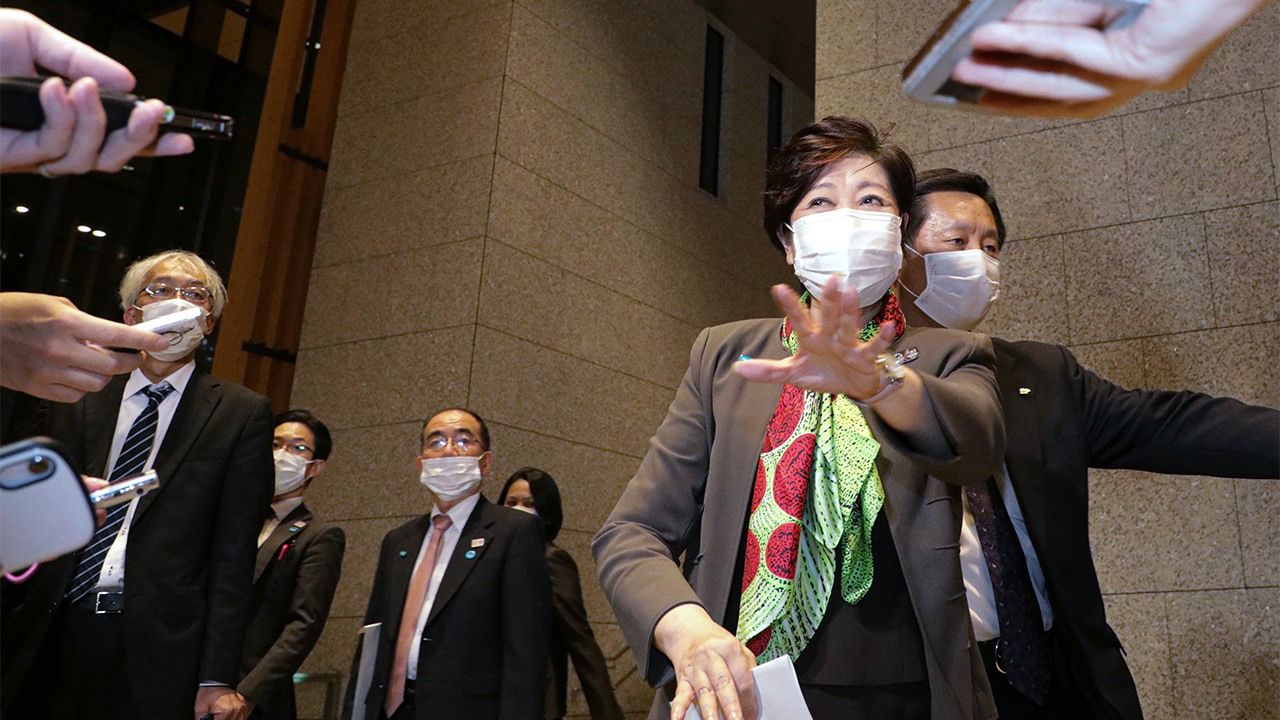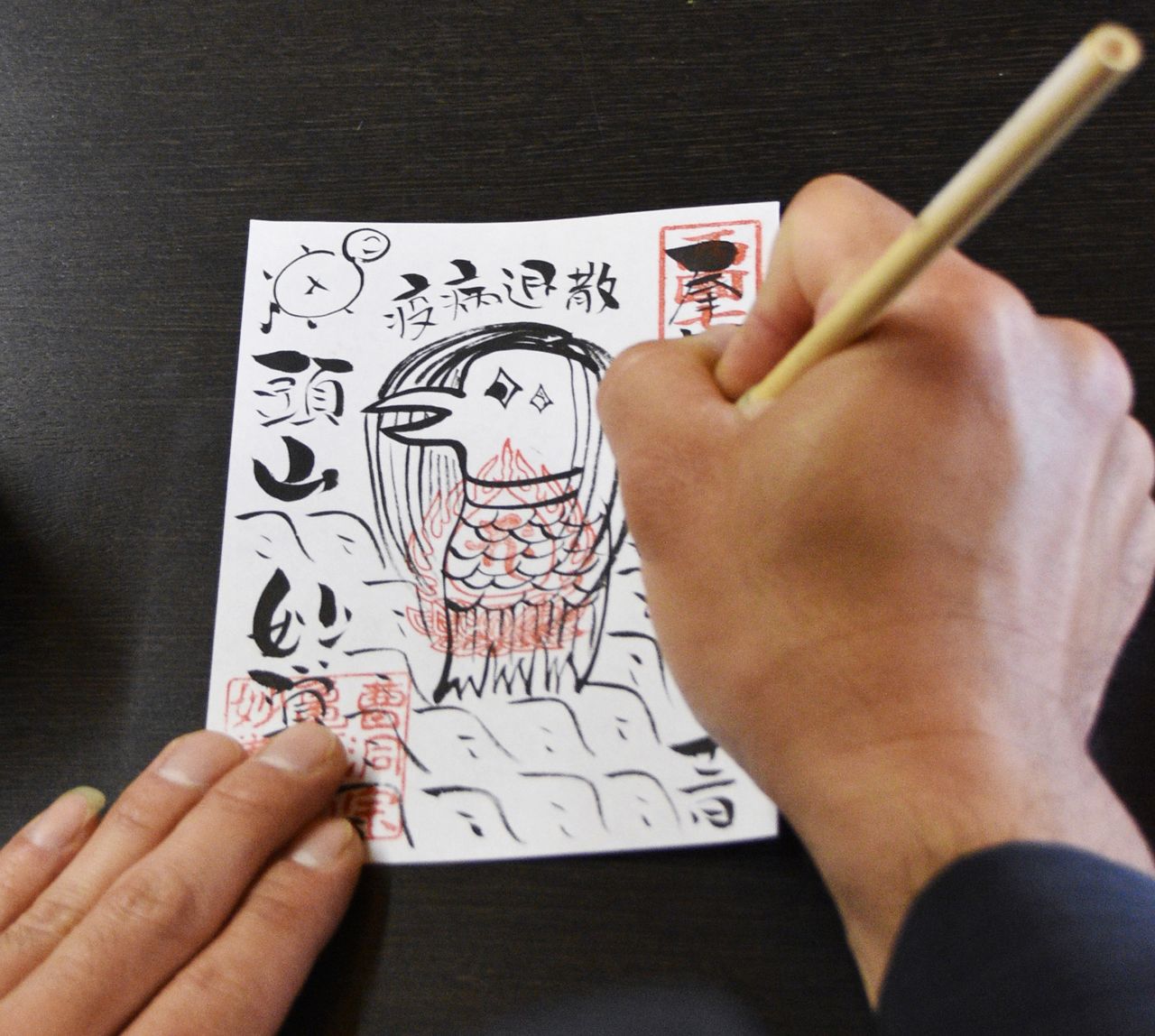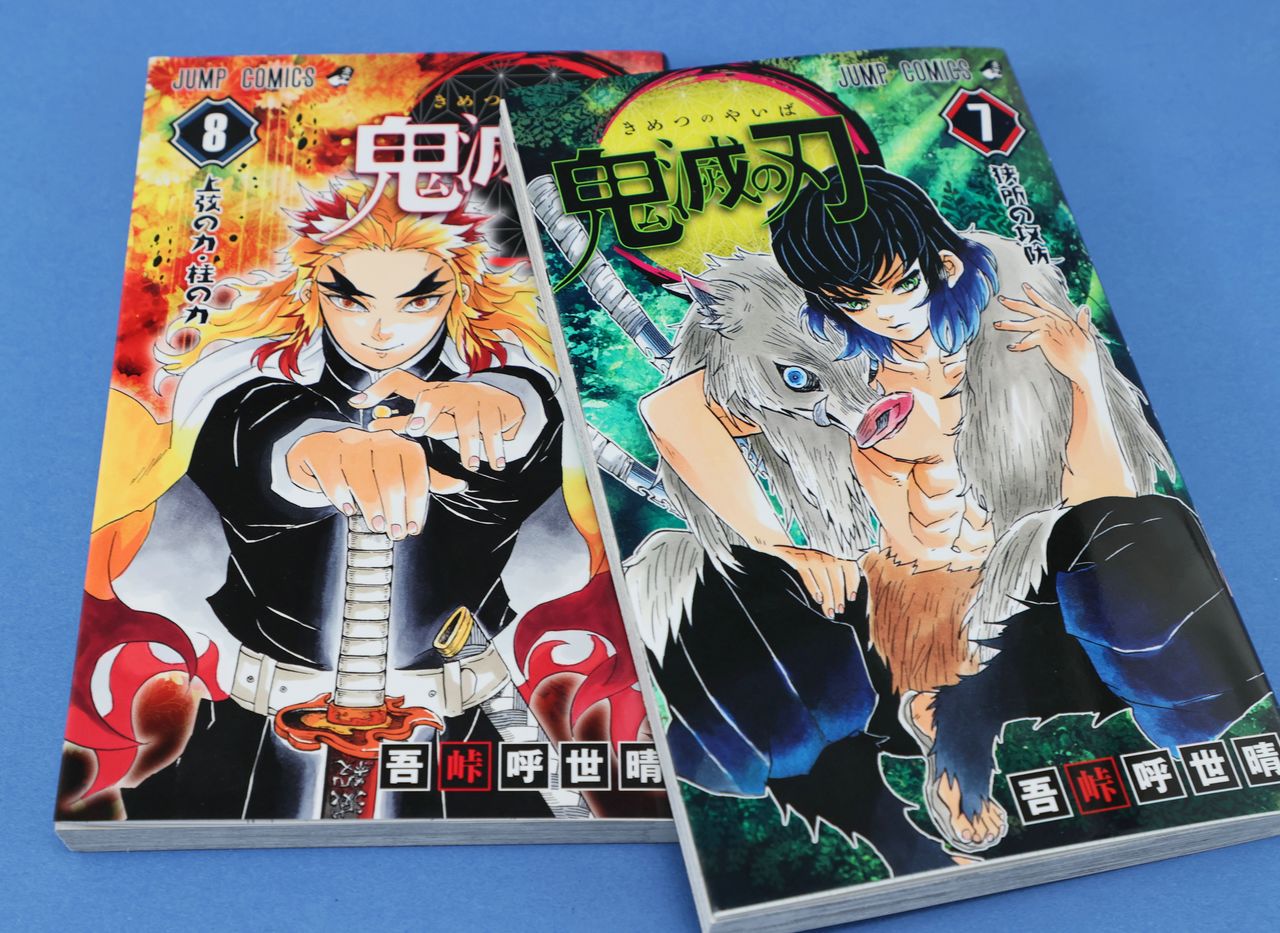
The “San Mitsu” Three Cs Take the New Phrase of the Year Throne
Language- English
- 日本語
- 简体字
- 繁體字
- Français
- Español
- العربية
- Русский
Pandemic Warning Wins Top Honors
In early November, Jiyū Kokuminsha released its long list of 30 candidates for the word or phrase of the year in Japan. On December 1, the publisher of the popular annual guide to new language, Gendai yōgo no kiso chishiki (Basic Knowledge on Contemporary Terminology), announced the winner: san mitsu (3密), the “three Cs” to avoid during the COVID-19 pandemic. These are 密閉 (mippei; confined and enclosed spaces), 密集 (misshū; crowded places), and 密接 (missetsu; close-contact settings). Also called mittsu no mitsu, these “three mitsu to avoid” have gained global attention with the World Health Organization’s adoption of them as an anti-infection guideline.
Tokyo Governor Koike Yuriko, who issued frequent warnings against the three Cs during the first wave of COVID-19 infections earlier in the year, made a remote video appearance at the award ceremony in Tokyo. The nation’s capital is feeling the pandemic pressure as colder weather sets in and case numbers climb rapidly. It was no surprise that SARS-CoV-2 infections and their impact on society figured so largely in this year’s crop of candidate terms, and the 10 finalists announced today indeed included others that touched on the disease, from the Abenomasuku “Abenomasks” cloth face coverings distributed to all households in the country in a widely derided gesture by the previous administration of Prime Minister Abe Shinzō to the Amabie, a yōkai spirit that gained newfound popularity for its purported efficacy against illness.
Members of the selection committee that chose the candidates and tapped the finalists among them commented on the heavy weight of COVID-19 on the cultural milieu in Japan during 2020. University of Tokyo Professor Emeritus Kang Sang-jung noted: “This was a year with the coronavirus as its first and last word, so it’s no surprise that the terms we have here feature it so prominently. Even the inclusion of the popular drama Crash Landing on You, the Amabie, and the smash hit anime Demon Slayer point to people’s desire for entertainment or some other form of release from the crushing atmosphere they have faced.” The manga artist Shinsan Nameko also described the games and celebrities appearing in the list as representing people’s desire to escape the everyday reality of the pandemic. “In a year when we expected to see the Olympics provide the lion’s share of the terms on our list, we saw competition on the athletic field swept away by the battle between the virus and our immune systems.”
The poet Tawara Machi, too, said that even things like the megahit video game Animal Crossing, a bright spot of pure entertainment, made the list in part because its popularity was driven by stay-at-home recommendations and the cancellation of in-person school classes that kept gamers cooped up with more time to devote to the virtual world. “One hopes,” she concluded, “that this year’s three mitsu and five ko” (Governor Koike’s more recent recommendation to pay attention to “five smalls,” keeping gatherings small, using small voices, and so on) “will be replaced soon with the ‘seven colors of happiness’ in a rainbow promising better times.”
The Finalists for 2020
愛の不時着/第4次韓流ブーム — Ai no fujichaku/Dai-yoji Kanryū būmu. South Korea’s hit Netflix drama Sarangui bulsichak (Crash Landing on You) told the story of a cross-border love affair between members of the southern and northern elite. Under its Japanese title, Ai no fujichaku, it was seen as part of a “fourth Korean wave” to hit the country’s shores.
あつ森 — Atsumori. Launched in March 2020, shortly before Japan declared a pandemic state of emergency calling on residents to stay indoors, Nintendo’s smash simulation game Atsumare: Dōbutsu no Mori (Animal Crossing: New Horizons) offered a way to pass the time that was enthusiastically taken up by many.
アベノマスク — Abenomasuku. Face mask shortages in the early stages of the pandemic prompted Prime Minister Abe Shinzō to institute a policy distributing millions of cloth masks to households across Japan. Nicknamed “Abenomasks” after his Abenomics economic policies, the face coverings came under fire, however, for being too small.
アマビエ — Amabie. One unexpected result of the COVID-19 outbreak was a revival in popularity for the yōkai (supernatural spirit) Amabie, which legend claims first emerged from the sea in the nineteenth century. Its purported efficacy against disease led to its image appearing on many goods, and it even formed the model for wagashi sweets.

The temple Myōkakuji in the city of Akita adds hand-inked Amabie images to visitors’ pilgrimage books as a prayer for a swift end to the pandemic. (© Jiji)
オンライン◯◯ — Onrain —. Zoom and other services provided venues for “online” activities that were previously normally face to face, including medical checks, lessons, work meetings, family visits, and drinking parties.
鬼滅の刃 — Kimetsu no yaiba. The comic series Demon Slayer by Gotōge Koyoharu has come to be a social phenomenon in Japan, with fans of all ages mimicking the catch phrases of characters and tuning in to watch the animated television spinoff. In October, an anime movie based on the work shattered Japanese box office records, earning over ¥10 billion in the first 10 days after its release.

The hit anime film Demon Slayer was originally an equally popular manga; its volumes occupied the 22 top spots on the comic best-seller list at one point. (© Jiji)
GoToキャンペーン — GoTo kyanpēn. The government rolled out its controversial “GoTo campaigns” in a bid to boost the country’s service industry, which has been hit hard by the pandemic. The programs provide subsidies of varying amounts for travel, eating out, shopping, and attending events, but they have drawn criticism due to cases of abuse and health concerns over spreading the coronavirus.
3密(三つの密) — San mitsu (mittsu no mitsu). The World Health Organization has recently adopted the strategy of avoiding the “three Cs” to prevent the spread of COVID-19, borrowing a page from the Japanese three mitsu playbook of steering clear of confined and enclosed spaces (mippei), crowded places (misshū), and close-contact settings (missetsu).
ソロキャンプ — Soro kyanpu. “Solo camping” was one popular way for people to maintain that distance while enjoying the great outdoors. Camping had a growing allure for nature-lovers before the pandemic kicked in, with the comedian Hiroshi launching a popular YouTube channel detailing his outdoor exploits and “glamping,” glamorous camping with comfortable lodgings and high-end cuisine, also attracting big spenders to Japan’s wilder locations.
フワちゃん — Fuwa-chan. The stage name taken by Fuwa Haruka for her YouTube exploits became a highly recognized moniker across all media this year. Usually clad in neon colors and a sports bra, Fuwa-chan is an energetic celeb who has successfully made the leap from her video channel to television shows ranging from comedy to infotainment.
(Originally published in English. Banner photo: Tokyo Governor Koike Yuriko warns reporters to give her space and avoid close proximity, one of the san mitsu to be avoided in the pandemic era. ©︎ Jiji.)